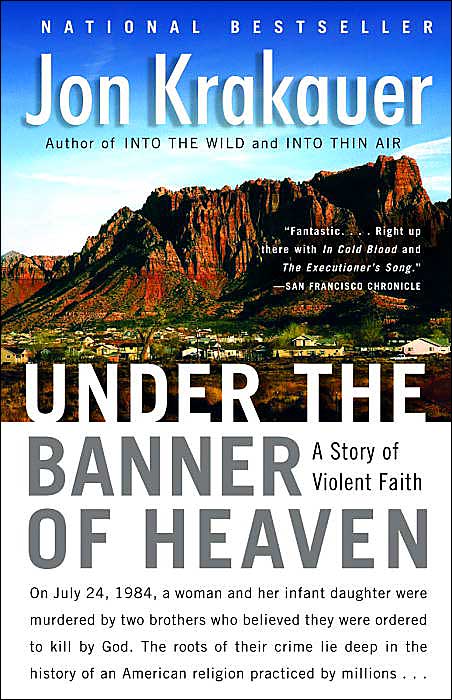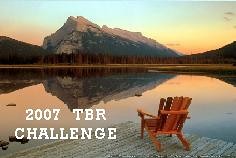Mrs Dalloway - Virginia Woolf
 Mrs Dalloway
Mrs Dalloway
Author: Virginia Woolf
Pages: 225 pgs.
Rating: A
Written in 1925, Mrs Dalloway is largely about one day in the life of Clarissa Dalloway, as she plans for her party that night. We also learn about the last day in the life of Septimus Smith, a shell-shocked war veteran descending into madness and contemplating suicide. As much as the story is about Clarissa, it is also about Septimus and his suicide.
The reader learns much about Mrs Dalloway—her innermost thoughts, her past, her position in society, and how her friends and acquaintances view her. We learn very little about Septimus. Mrs Dalloway and Septimus never meet, although their lives do intersect in ordinary and seemingly meaningless ways. Virginia Woolf suggests in her diaries that Septimus “might be left vague—as a mad person is—not so much a character as an idea.”
This book was a tough start. My mind wandered. I daydreamed. I lost track of what was happening in the stream-of-consciousness style that Woolf utilizes. About halfway through the novel, I put it down for a breather. Then, a few minutes later, I re-opened the book at page one. Why did I do that? I really wanted to give the book a second chance. I’m glad I did. By changing my reading style I was able to enjoy the story more. I purposely slowed my reading pace, and did not hesitate to re-read passages over and over. And eventually, I made it to the end! It’s been a long time since I felt such achievement over finishing a book.
Overarching the somewhat drab story-line is a highly-charged commentary about the politics of the Great War (WWI), an empire entering decline, and the make-up of a society and people in power. One thing Woolf does amazingly well is bring London of that time to life. I can hear the hourly toll of Big Ben, listen and smell the back-fire of a motor car on Bond Street, see the afternoon tea held at Lady Bruton’s. Using a slight hand of satire, the group that gathers at Mrs Dalloway’s party is not a group that you would confidently leave in charge of a nation.
On the tolling of Big Ben (used repeatedly throughout the novel, heard by numerous characters):
“First a warning, musical; then the hour, irrevocable. The leaden circles dissolved in the air.”
On women:
“She had the oddest sense of being herself invisible, unseen; unknown; there being no more marrying, no more having of children now, but only this astonishing and rather solemn progress with the rest of them, up Bond Street, this being Mrs Dalloway; not even Clarissa any more; this being Mrs. Richard Dalloway.
Why Septimus fought in the Great War:
“Septimus was one of the first to volunteer. He went to France to save an England which consisted almost entirely of Shakespeare’s plays and Miss Isabel Pole in a green dress walking in a square.”
Interesting facts:
- In Mrs Dalloway, Virginia Woolf documents the first demonstration of skywriting, which occurred over London in 1922.
- Examples of Woolf’s grappling with mental illness are characterized in Septimus’ madness, such as when he hears sparrows singing to him in Greek.
- The British suffrage movement obtained the right to vote for women over 30 in 1918. It was not until 1928 that it was extended to women aged 21 to 29.
Music I listened to while reading Mrs Dalloway:
- The 1920’s Radio Network Live Stream: http://www.the1920snetwork.com/ (If you have a Mac, its readily available in the Radio section of iTunes)
- The composer Wagner, a favorite of the character Peter Walsh.










